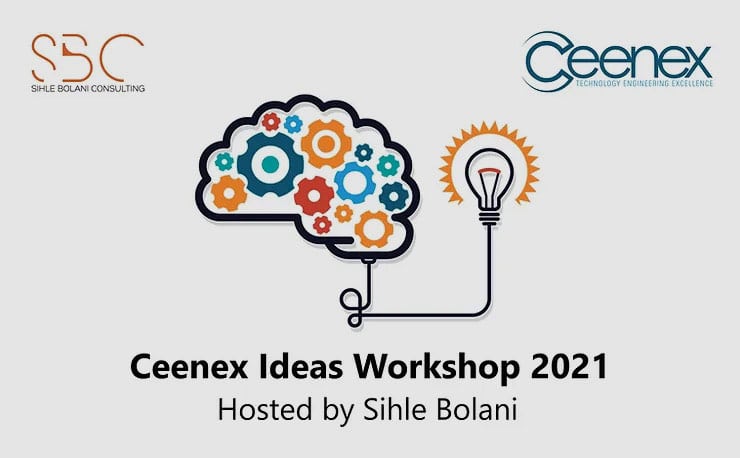Ceenex, a leading engineering and technology company, is harnessing the diversity of its team to create a safe place of work by welcoming employee styles from different identity groups; combating systems of discrimination and subordination; and appreciating cultural differences as a resource for learning to improve organisational effectiveness.
“There is immense power in difference and dissent, as opposed to homogenous thinking that fails to consider other unique and important viewpoints,” Kgomotso Sekgobela, a Ceenex Director, says. “The rich diversity of our team has contributed significantly to the high levels of efficiency and productivity that the company has maintained throughout the years. This is critical for a leading engineering and technology company that sells time to both private and public sector clients. By better harnessing this diversity and evolving it over time, we will be able to significantly improve on our effectiveness and, in so doing, ensure that the company undergoes its next growth trajectory. This relies heavily on an ability to attract, develop and nurture a diverse team.”
As he explains, diversity encourages innovation and problem-solving. This is very relevant for a company that operates in an industry that helps devise inventive solutions for technically complex challenges across a broad spectrum of society. These include for large private industrial companies and government bodies through to poor communities in outlying areas of the country that face unique socio-economic challenges. Varying cultural experiences and perspectives within companies also ensure a sound understanding of how their communication and services are received by others. By having a “360-degree view”, companies can improve their standing in the market, while also avoiding potentially damaging “blind spots”. Understanding and appreciating diversity is especially applicable in a country such as South Africa, which is one of the most complex and disparate populations in the world. Importantly, companies that actively encourage diversity are also able to attract and retain the best talent to enhance company culture.
As part of this drive, Ceenex recently hosted the first of a series of Diversity and Ideas Workshops. An entire day was set aside for the company to better understand and appreciate diversity. The purpose of the series is to:
-
Create opportunities for communication; exchange views or ideas; and establish common ground to lay the foundation for an inclusive environment where all employees feel heard and valued.
-
Allow employees to share their honest feedback directly to management teams to grow and evolve the organisation, thereby, creating or reinforcing a sense of purpose or meaning.
-
Focus on outcomes, including the identification of challenges and successes, as well as devising solutions to overcome hurdles.
Based on the very positive feedback received from all members of staff who participated in the event, the workshop was a resounding success.
Another workshop will be hosted at the end of the year to measure and assess progress in achieving key deliverables that were established following the first session and to chart the way forward from there. Again, all members of the Ceenex team will be invited and encouraged to participate in this workshop. This includes new and older members of staff, ranging from the core team of engineers, technologists and technicians through to those involved in support and administrative duties.
One of these key deliverables included appointing a Human Resources (HR) business partner to assist in not only managing Ceenex’s diverse team, but also helping members work well together because of their differences, including identities and perspectives. This is a significant departure from the traditional approach of only managing diversity within companies by assisting people to work well together despite their differences. An HR consultancy will also be able to provide independent and objective input that is needed to attract and retain top talent within the organisation, in addition to helping develop and allocate human capital to positions where it will be best utilised within the firm.
Importantly, the event also provided an important opportunity for staff to have those difficult conversations that involve diverse opinions and perceptions with their managers to help improve the company.
Before embarking on the workshop, all staff also completed an employee engagement survey. The purpose of the survey was to gauge the current employee sentiment, levels of engagement, concerns, compliments and perceptions of inclusivity in the organisation and in micro teams. This helped them understand and be mindful of how their perceptions towards people of different races, ethnicities, religions, gender and cultures influenced their decision-making capabilities in the workplace.
“Diversity is more than just about race and demographics, albeit a very important consideration in the country. Gender, age and social class, for example, also bring completely new and different dimensions to organisation effectiveness and, are definitely a catalyst for a cohesive organisational culture,” Sekgobela concludes.

